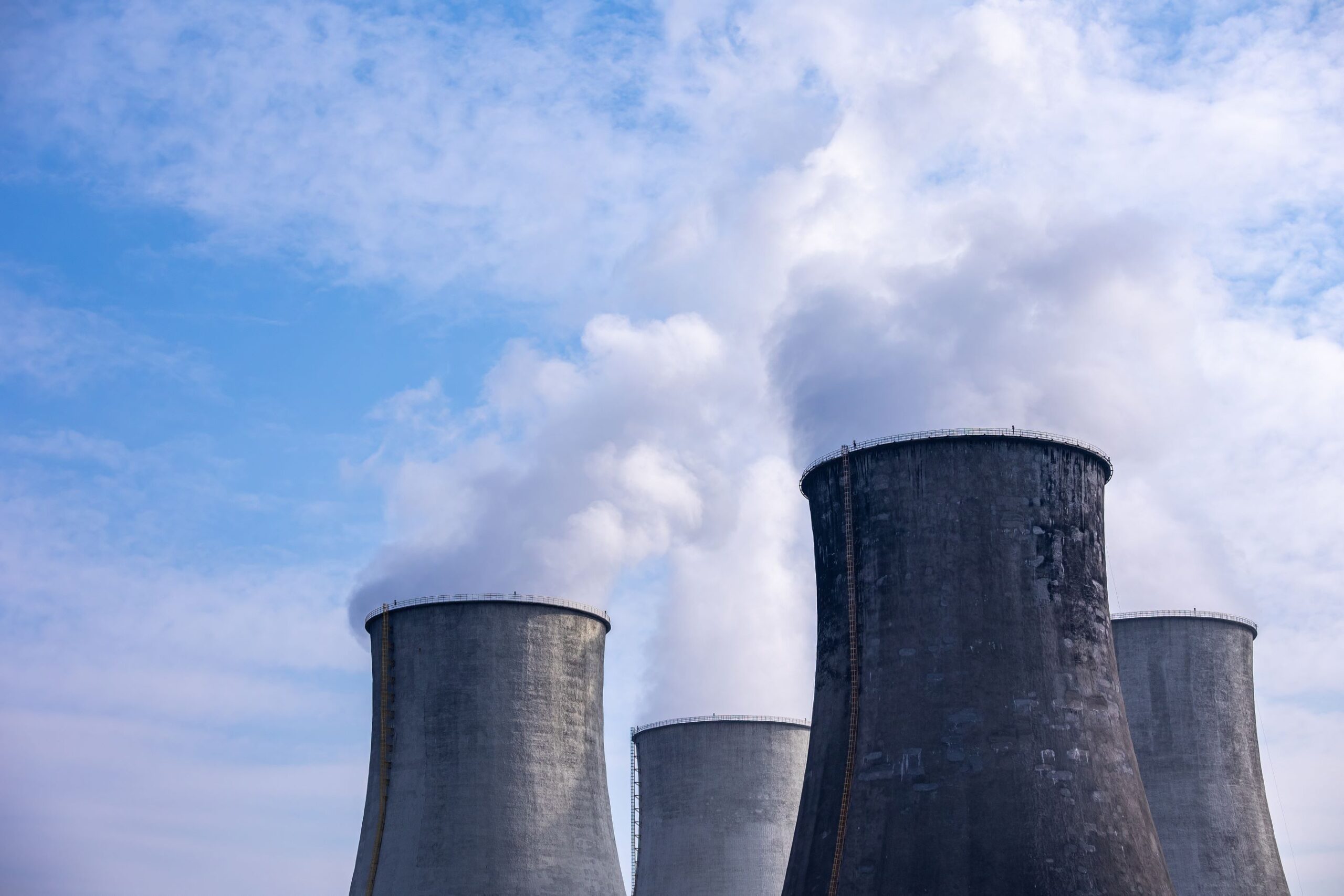Decarbonisation
Decarbonisation has taken over sustainability’s position as the latest buzz word in the industry. It’s directly associated with the fight against climate change, but what is it?
A definition
Decarbonisation refers to all measures through which a business sector or entity reduces its carbon footprint, primarily its greenhouse gas emissions, carbon dioxide (CO2) and methane (CH4), to reduce its impact on the climate.
What goals have been set for decarbonisation?
Decarbonisation was a key topic at COP26 and it certainly seems the UK is leading the way – it was the first major economy to legislate for net zero and is decarbonising faster than any other G7 country with the aim clearly identified as carbon neutrality by 2050.
It’s about delivering the energy transformation needed to achieve a further reduction in carbon emissions to keep global warming no more than 1.5°C above pre-industrial temperatures.
The government’s roadmap focuses on achieving the transition to a low-carbon economy by:
o Aiming for energy efficiency when powering vehicles
o Emphasising an approach focused on developing energy sufficiency which involves reducing energy consumption
o Using renewable energy sources, which are greener.

What do we need to do?
The journey of switching away from fossil fuel combustion to low carbon alternatives such as electrification is well under way. In March 2023, a robust package of measures to turbocharge the UK’s progress towards decarbonising transport was announced by the government to help boost net zero ambitions and increase use of electric vehicles.
The government has also unveiled its proposals for a world-leading zero emissions vehicle mandate which, from next year, will set minimum annual targets for the percentage of new car and van sales that must be zero emission. The proposed mandate makes the UK’s path to zero emission vehicles the fastest in Europe.
The plans support the government’s commitment to end the sale of new petrol and diesel cars and vans by 2030, and from 2035 all new cars and vans must be fully zero emission at the exhaust or be able to drive a significant distance with zero emissions.
This move was declared by the technology and decarbonisation Minister Jesse Norman as “the government doing more than ever to help the UK move away from petrol and diesel and towards electric vehicles.”
That means investing in charging infrastructure and giving a clear direction to manufacturers, so they can roll out new electric vehicles faster and more efficiently. The announcement provides long-term certainty to the industry, increasing the number of zero emission cars available for people to buy and setting a clear direction for operators to accelerate the installation of charge points. More drivers will benefit from lower overall running costs against their petrol and diesel counterparts and improving air quality across the country.

How do you decarbonise?
As a business, Net Zero is achieved by balancing your carbon emissions with techniques that remove CO2 from the atmosphere, such as carbon offsetting.
The first step to achieving this is to reduce CO2 emissions or, where possible, cutting CO2 emissions altogether. The first and arguably most effective way of doing this is by replacing diesel/petrol powered machinery with battery powered machinery wherever possible. And with the car industry seemingly well in hand, one must wonder when the focus will extend to include all vehicles – buggies, mowers, tractors and utility vehicles too.

Toro’s eFlex 2100 at Warrington Golf Club.
Sustainability is such a focus for Reesink UK we created a division to cater entirely to electric vehicles. We are the only distributor to provide the UK market with the only all-electric riding greensmower and the first all-electric tractor. It is very important to us as a company that we focus on providing sustainable, environmentally friendly machinery alternatives that do not compromise on the quality of the work, while reducing our customer’s carbon footprint. Our current offering includes products powered by propane, biodiesel and advanced batteries made more efficient by incorporating electronic fuel injection, hybrid and electric technologies.
For further information, please contact Reesink on 01480 226800.

Toro’s Workman GTX Lithium.